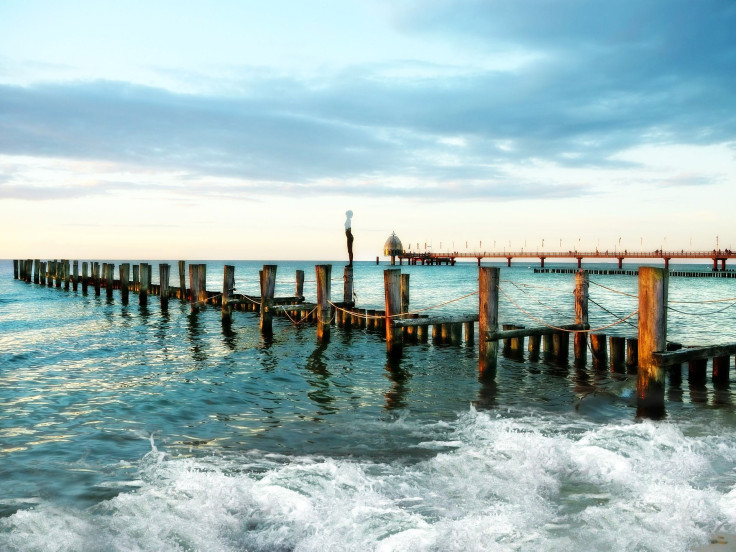How Virtual Reality Can Make Visiting The Dentist Less Painful, Especially If It Involves Nature

One of my favorite rituals is going to my six-month checkup at the dentist. There’s something very fulfilling in getting the plaque scraped away and knowing that I’m cavity-free. However, I know I’m likely alone in this. For those who don’t share my enthusiasm for teeth cleanings, virtual reality may help alleviate some of the pain and anxiety.
Read: New Dental Treatment Eliminates The Need For Drilling In Certain Cavities
In a study published this week, researchers at universities in the United Kingdom collaborated with a dental practice to see if transporting patients to the beach using virtual reality made procedures more bearable. Patients either experienced their procedures as typically performed in the dentist’s office, took a virtual walk around the beach using a VR headset, or strolled around an annonymous virtual city. Patients who visited the ocean were less anxious, experienced less pain and had a more positive attitude about the treatment a week following the appointment, compared to those receiving standard care.
However, it wasn’t enough to just be transported to a drill-free space. When patients used virtual reality to visit an unidentifiable city, they didn't experience the same benefits as the beach visit. This research adds to what scientists already know about the positive benefits of being in nature.
"That walking around the virtual city did not improve outcomes shows that merely distracting the patients isn't enough, the environment for a patient's visit needs to be welcoming and relaxing,” said study co-author Dr. Sabine Pahl, the project's coordinator at the University of Plymouth, in a statement. “It would be interesting to apply this approach to other contexts in which people cannot easily access real nature such as the workplace or other healthcare situations."
The team also believes that water can be particularly healing.
"We have done a lot of work recently which suggests that people are happiest and most relaxed when they are at the seaside,” said study co-author Dr. Mathew White from the University of Exeter, in a statement. “So it seemed only natural to investigate whether we could 'bottle' this experience and use it to help people in potentially stressful healthcare contexts."
Read: Yes, Listening To Nature Really Will Help You Relax
Some previous research looks at how nature, though not via virtual reality, can have a positive impact. A study from South Korea found that workers who could view the forest from their office had less stress and were more satisfied with work. Another study looked at how actually walking through the woods could ease your mind. Researchers found that short-term memory was improved by 20 percent after their nature walk, compared to those who took an office break by hitting the streets. Studies on water in particular have been well documented, and research indicates you don’t need to head to the beach just to experience its calming effects. According to WebMd even sipping on H2O can help.
“Studies have shown that being just half a liter dehydrated can increase your cortisol levels,” Amanda Carlson, RD, director of performance nutrition at Athletes’ Performance, a trainer of world-class athletes, told the website.
The team now hopes to research how using virtual reality in other medical settings can alleviate pain and stress for patients.
See Also:
Does Cactus Water Have Any Real Health Benefits? A Look Into The Trend



























